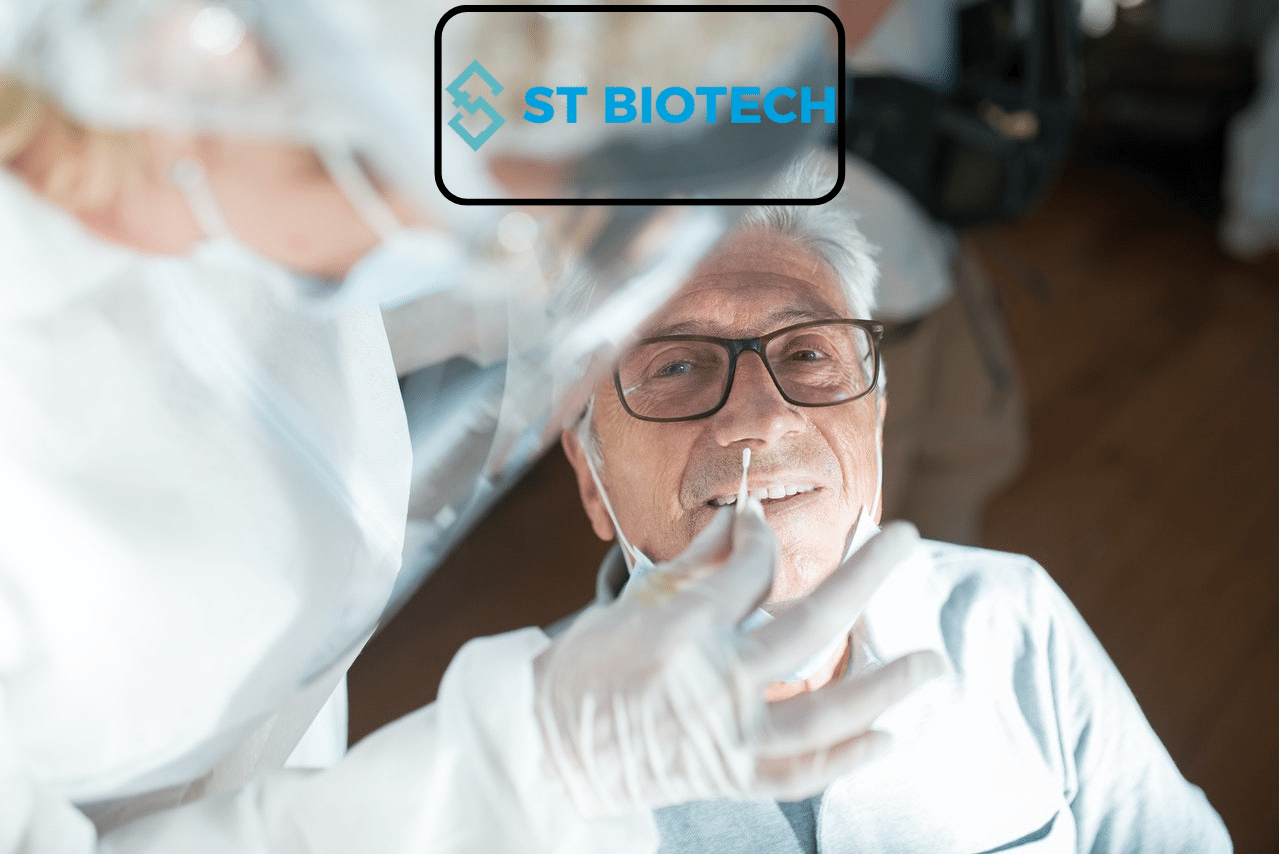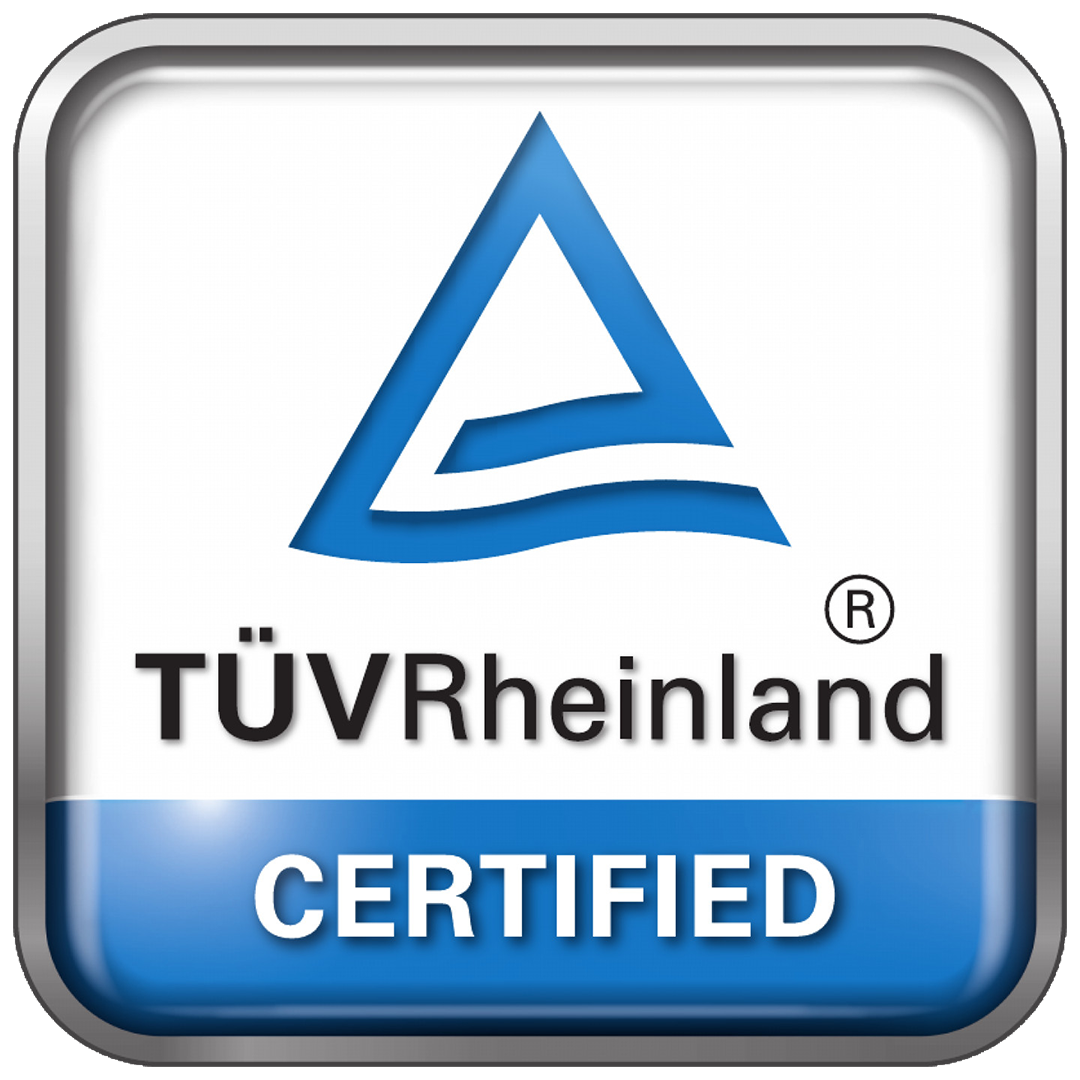What is PCR?
Polymerase Chain Reaction(PCR) is a laboratory technique used to amplify or copy genetic material. This is also known as “molecular photocopying”
This is most accurate and sensitive. PCR is used in DNA fingerprinting, diagnosing genetic disorders and detecting bacteria or a virus. Molecular and genetic analysis require a significant amount of DNA samples therefore amplification is important.
How COVID-19 PCR work?
COVID 19 testing uses quantitative polymerase chain reaction(qPCR) and this is a modified version. In this method the fluorescent dyes are added to the PCR process. Amount of genetic material is measured in the SARS-CoV-2 sample.
Samples collected from nasal swabs or saliva swabs are used for the testing. The genetic material of SARS-CoV-2 virus is RNA. By reverse transcription process, PCR is converted into single-stranded DNA to double-stranded DNA. then the two strands are separated.
Primers attached to the strands ensure only viral DNA is duplicated. After the primer attached new complementary strands of DNA extend along the template strands. The fluorescent dyes attached to DNA denote successful duplication. Two identical copies of viral DNA are created. By repeating the cycle a large number of DNA copies are created.
Symptoms of COVID-19
- Fever
- Cough
- Sore throat
- Headache
- Loss of taste/smell
- Shortness of breath
- Diarrhoea
- Nausea
What do results mean?
Positive result means the sample contains viral material from an infected person. The genetic material is only amplified if there is genetic material from the virus. If RNA is absent there is no possibility of a positive result. Otherwise it is a false positive.
If the primers do not match the genetic material in the sample there is no amplification. This means the sample did not contain any virus.
When a person is infected but there is not enough sample for PCR test,a false negative result is given. This is a risky situation for the community because he/she is exposed directly to the external environment.
Steps of COVID-19 PCR test:
- Sample collection- a swab is used for the collection of respiratory material. Swab is a soft, long, flexible stick that can be inserted into your nose. There are nasal swabs and nasopharyngeal swabs for collecting samples for PCR test. The swab is then sealed to prevent contamination and sent to the laboratory.
- Extraction- genetic material is extracted separately from the sample
- PCR- using a special machine called a thermal cycler, the extracted genetic material amplifies the number of copies of SARS-CoV-2 virus’s genetic material. Chemicals in the tube produce a fluorescent light if the virus is present in the sample. The PCR machine detects the signal if there is enough genetic material. By using a special software scientists can interpret the positive result.
What do the test results mean?
- Positive test result- a positive result means that you have the infection with SARS-CoV-2. If there are any symptoms we can say that you have COVID-19 infection. If your symptoms are mild, you can recover at home otherwise immediately contact your health care provider
- Negative test result- this means that you didn’t have an infection at the time your specimen was collected. It doesn’t mean that you are not infected. There is a possibility to have COVID-19 but the virus detected by the test may be absent. Most probably if you became infected recently but if there are no symptoms at the moment or you have been infected more than a week before being tested. So if you get a negative result does not mean that you are free of COVID-19.
- Take all the steps to protect yourself and others if you get positive or negative results.
The test results can be received within 24 hours or it depends on the time the sample reaches the laboratory. So be patient!
- PCR tests can detect very small amounts of virus particles even after you’ve recovered from COVID-19 and are not contagious. You may continue to be positive even if you’ve had the disease a long time ago. Thus PCR is a very sensitive technique
- Healthy people can become reinfected. It is your responsibility to discuss with a healthcare provider if you have any questions regarding this matter.
What are the types of COVID-19 Testing
- PCR- this is the most reliable and accurate test to detect active infection. But this takes hours to perform
- Antigen tests- it takes less time( 15 to 30 minutes) rapid antigen tests are accurate when there are high amount of virus in your body
Antigen test is less sensitive compared to PCR test. But it gives the results within minutes. It is not accurate as a PCR test. If the antigen test is negative it is advisory to do a PCR test to confirm the result.
If you have symptoms of COVID-19 or if you have been exposed to people who have symptoms you may need to testify. You must inform this matter to the healthcare professional and they will review the symptoms and give you further advice. You have a huge responsibility to minimise the spread of COVID-19. You must take all the precautions to protect the people around you . You must wear masks, avoid close contact with others until you get the results.
What are the good practices to prevent spreading of the virus
- Wearing a mask prevents the spreading of the virus, since most of the cases are asymptomatic, it protects the people around you from the virus-laden droplets.
It also prevents you from touching your face. By touching your nose, eyes or face, it
Is possible to pick up the virus off a surface and infect yourself.
- Wash your hands regularly with soap- its important to lather your hands with soap for 20 seconds to get them fully clean
- Using a hand sanitizer- keep a sanitizer with you is a good practice.
- Social distancing yourself- stay at least 6 feet away thus if you have been infected it prevents the exhaled droplets reaching other people.




